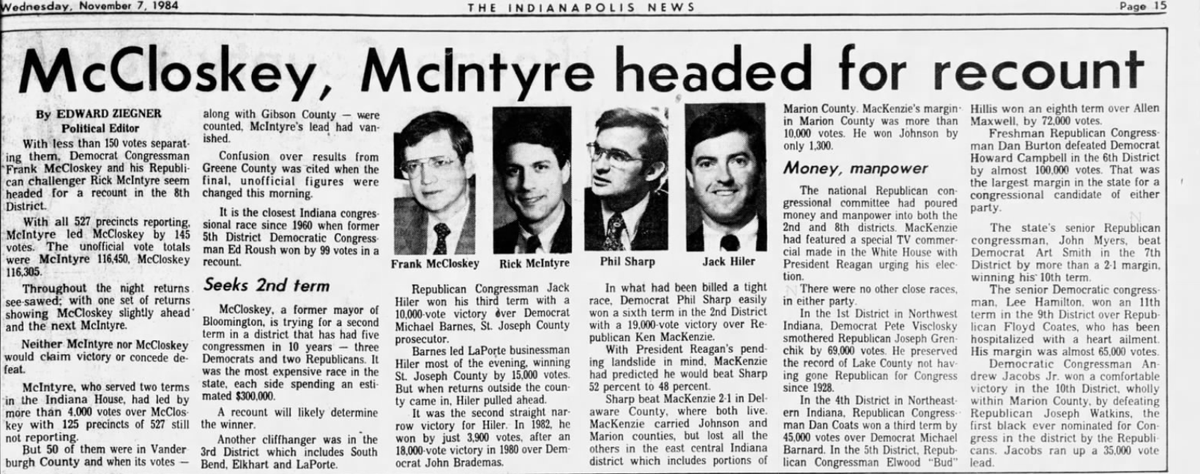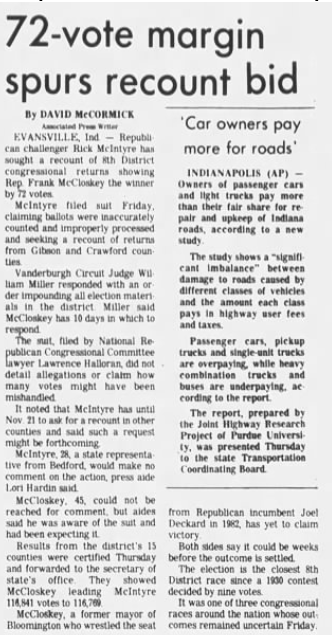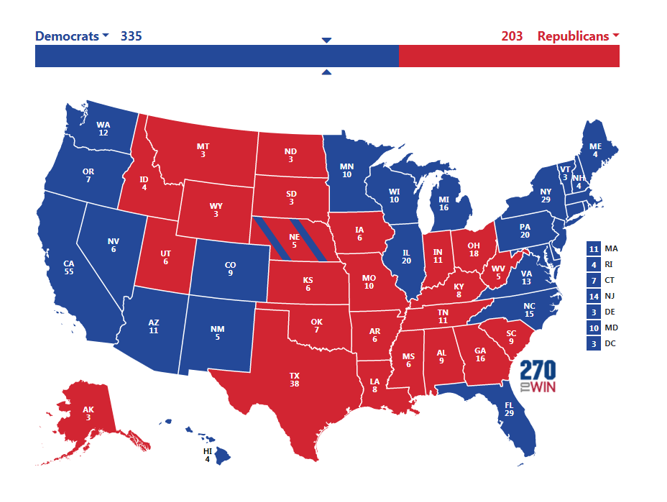
I'm going to post some old clips here of news coverage from the final hours of recent presidencies....
1/19/81: Jimmy Carter works through the night seeking the release of the 52 American hostages in Iran - a crisis that had helped destroy his presidency - and hoping to personally greet them before his term ends.
(They ended up being freed minutes after his term expired)
(They ended up being freed minutes after his term expired)
1/18/89: Ronald Reagan, who'd played George Gipp in a 1940 movie, greets the national champion Notre Dame football team and along with First Lady Nancy Reagan delivers an emotional farewell to White House staff and members of his administration:
1/18/93: George H.W Bush launches another round of missile strikes in Iraq -- the second time in five days -- in response to Saddam Hussein's defiance of U.N. weapons inspectors; President-Elect Clinton says he will continue the policy upon taking office:
1/19/01: Bill Clinton admits to providing false testimony and agrees to a fine and a 5-year suspension of his law license in a deal with independent counsel Robert Ray that ensures the soon-to-be former president won't be indicted after leaving office:
• • •
Missing some Tweet in this thread? You can try to
force a refresh














